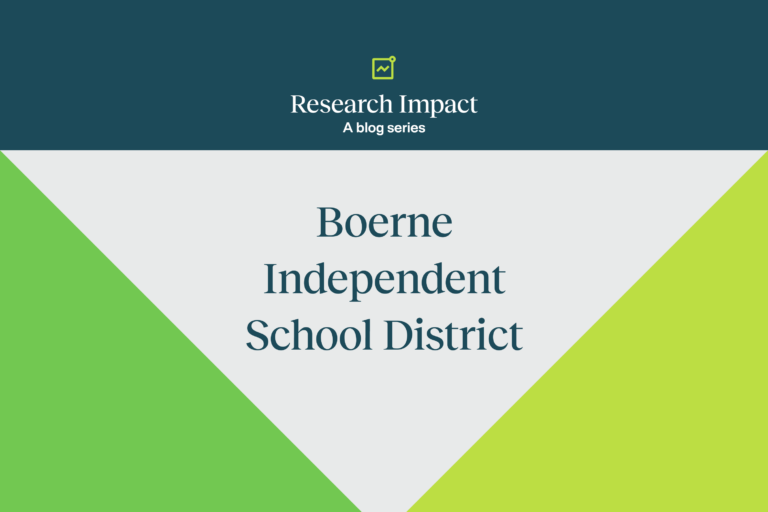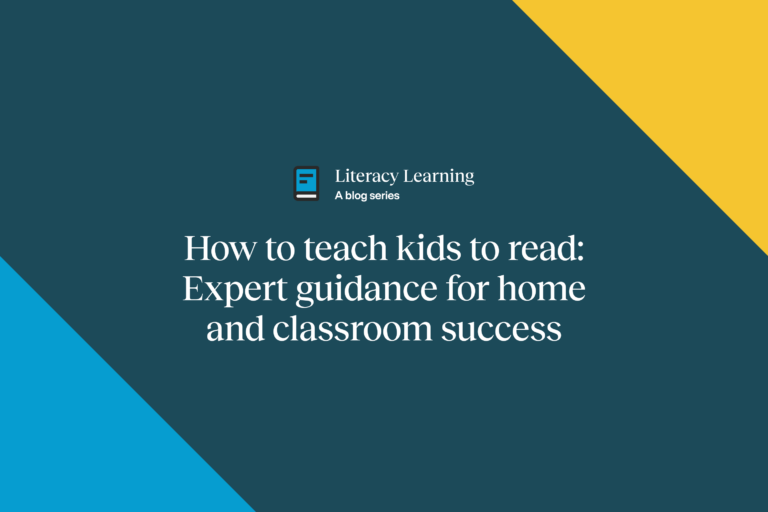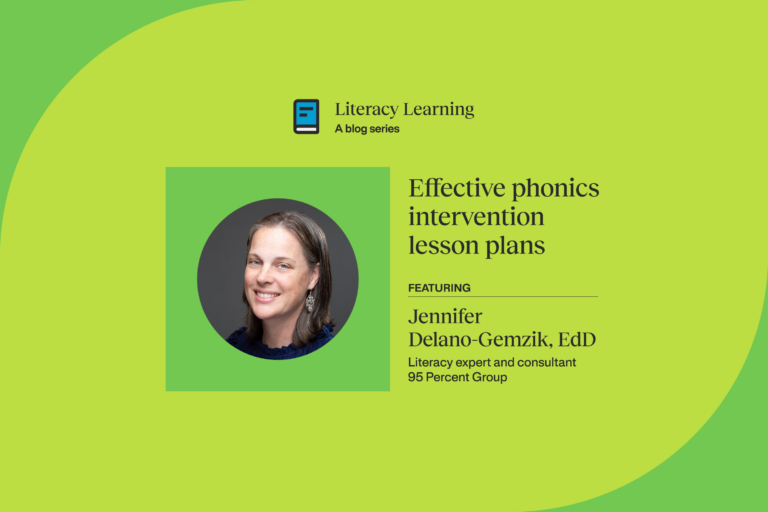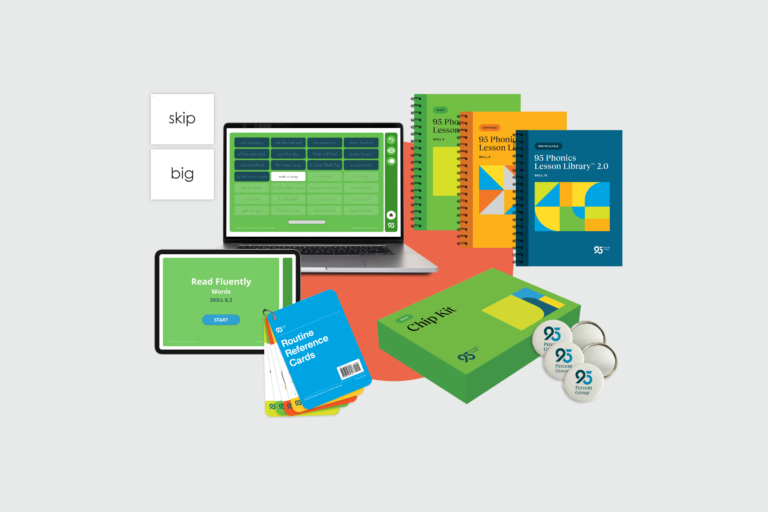Research in literacy education: Why evidence matters
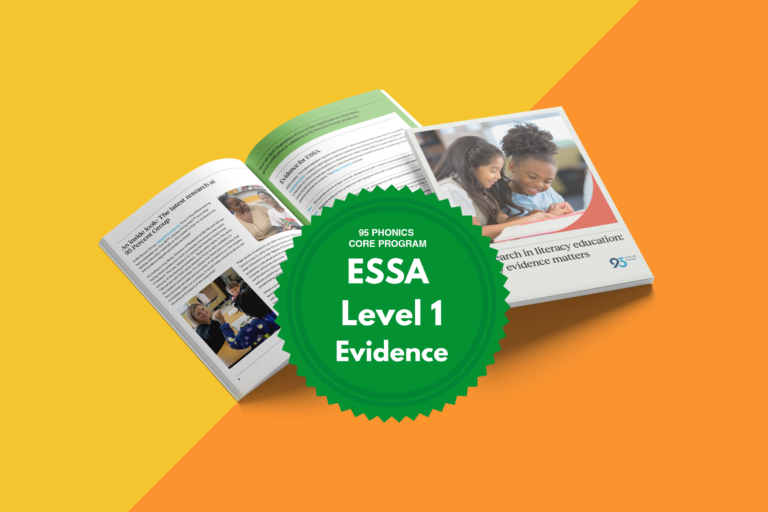

Educational leaders can make it a litmus test to hold decisions around instructional materials up against these questions: is it aligned to the evidence? Is there efficacy? There are so many curriculum materials out there—anyone can stamp ‘science of reading’ on their product. We have to be discerning consumers.
Laura Stewart
When examining why research is an important pillar for our education system and pedagogies, it’s important to look at what it is about research that adds distinction or sturdiness to a teaching practice. Although most teachers enter the profession equipped with at least some teaching theory and their best intentions, not all teachers leave their education degree programs with the depth of knowledge to offer students the type of skill instruction necessary to thrive.
Enter research.
It provides a foundation for best practice and effectiveness for any curriculum, product, or intervention. With the movement toward embracing the body of evidence called the science of reading, some educators—despite their best intentions—are realizing that they did not receive training in evidence-based practices for teaching foundational literacy skills. But teachers know better than anyone that learning is lifelong and that when we know better, we can do better. Using the extensive body of knowledge that exists today, we can make well-informed decisions about instructional practice.
Why research matters for educators now more than ever
Teachers are facing a lot these days. Classes are large, and student needs are on the rise. Teachers have an overwhelming task, a limited amount of time, and a lot of pressure to “do the right thing.” After all, their students’ futures are in their hands. Teachers don’t need a range of curricula choices to weed through. What teachers need are solutions that come backed by a guarantee that they were built based on research that clearly demonstrates that the instructional methods and resources work with real students in schools just like theirs. They need solutions that work for every student, including their English learners, their special education students, and their students with dyslexia or another Specific Language Impairment. They also need to help their high-achieving students stay engaged and become stronger readers with explicit, direct instruction. The students are why research matters to state departments of education, teachers, coaches, school leaders, and all those who have a stake in the future of their students. In fact, more and more states are requiring that their literacy curricula have evidence, such as proven ESSA levels, districts to be able to purchase and implement the curricula in their school…
Access the full story now: What you’ll learn
Are you ready for more insights on why research is an important pillar for our education system? Download the full story and learn:
- The difference between evidence-aligned and evidence-based
- Top four measures to look for in education research as consider student instruction
- Why Evidence for ESSA, Digital Promise, and ESSA levels matter and what they are
- The role of efficacy studies as you build your literacy toolkit
- A look at successes from the field
